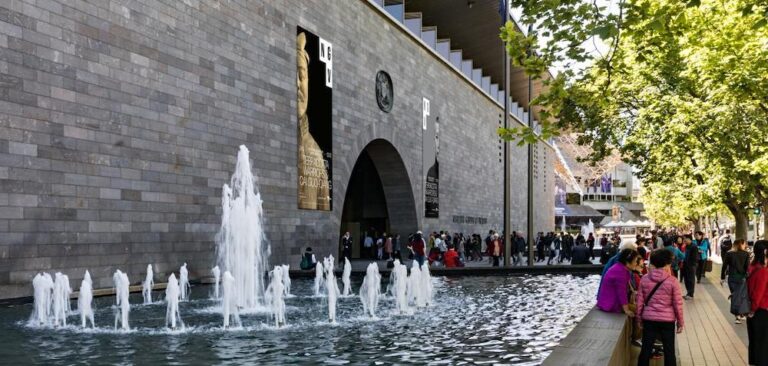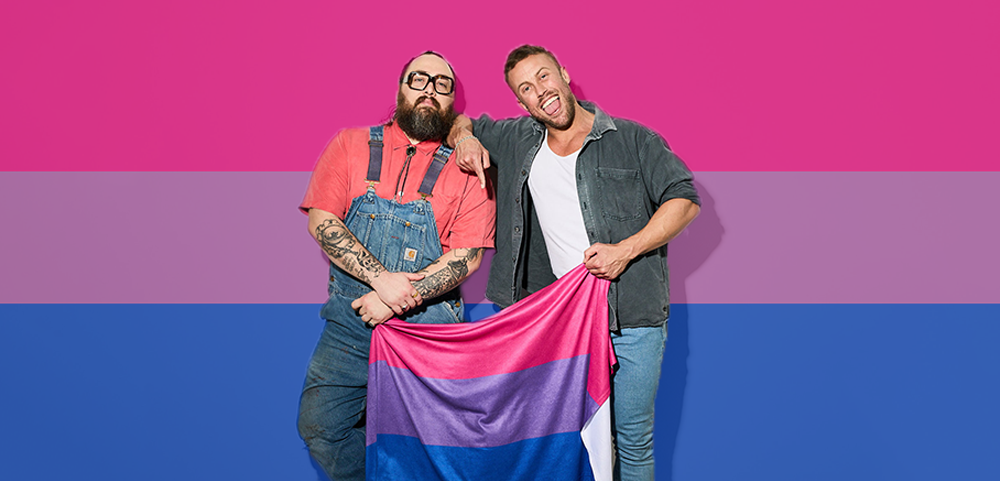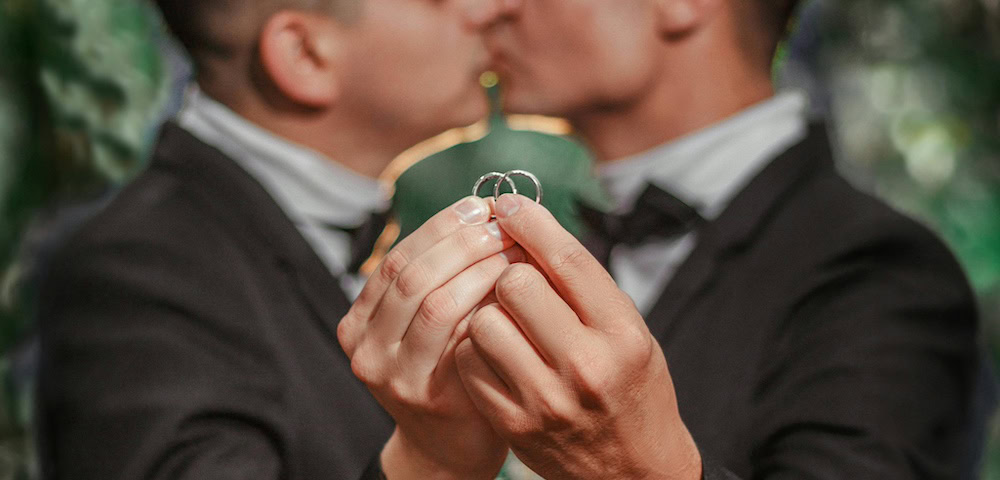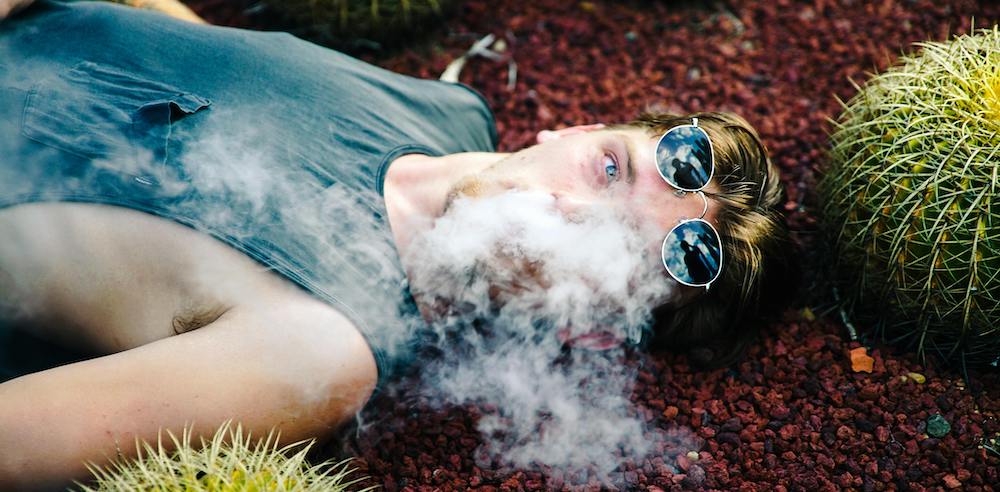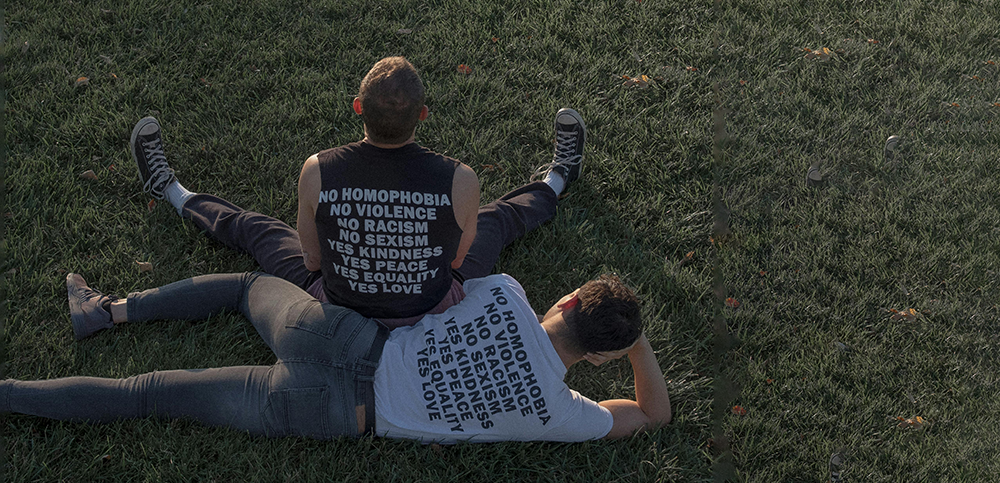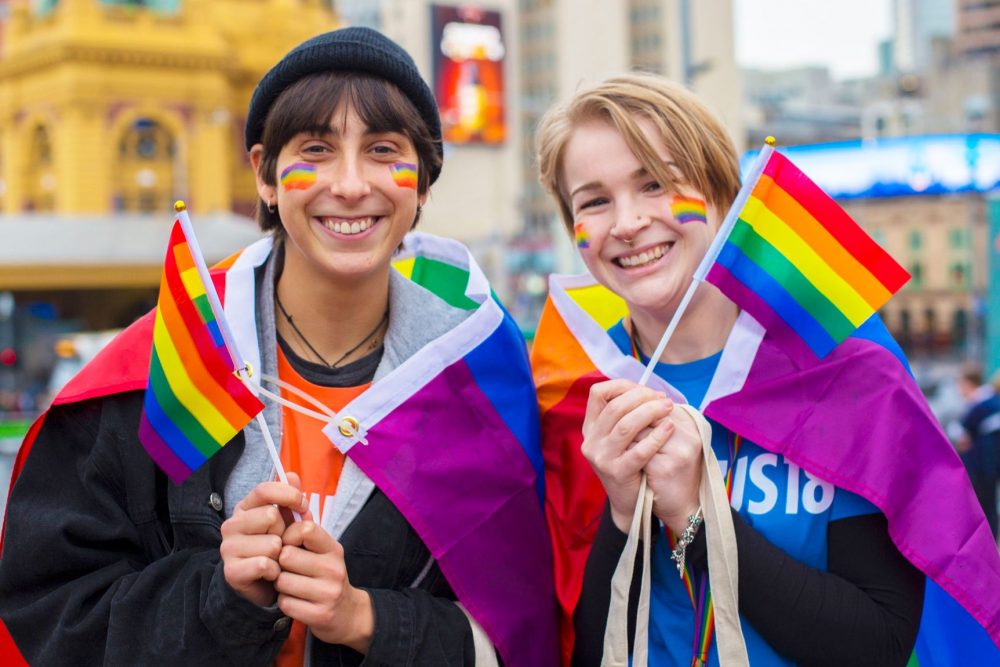
Why the reaction to Shannon Power’s opinion piece was problematic

AS a gay man who facilitates domestic violence and sexual assault education workshops in schools, I was taken aback but hardly surprised by the barrage of defensive and then overtly offensive responses by gay men to the recent Star Observer opinion piece ‘Gay men need to stop sexually assaulting women’ by Shannon Power.
In it, she bravely and honestly spoke about her experience of sexual assault at the hands of a gay man in a gay bar. Instead of critiquing her tone, pointing out the supposed generalisations of Power’s article, attacking her and trying to excuse the event – we should be prepared to hear the vulnerability and authenticity in her words and reflect on our own behaviours to make our spaces safer for as many people as possible.
After the initial attempted derails of “it goes both ways” and “not all gay men” were expressed by gay men, comments to the article predictably turned to horror and disgust at the “gross” suggestion that any gay man would ever want to touch a vagina. This is the epitome of both misogyny and transphobia in our language.
By constantly talking about vaginas as disgusting, with the ability to strike fear and repulsion in us gay men more than the Stranger Things’ demogorgon, we are actually saying that those bodies and identities with vaginas are too vile for any of us self-respecting gay men to look at and touch, let alone ever consider having sex with them.
And shock horror, some gay men actually have vaginas. When we shriek at the vulgarity of a vulva, we are also completely screwing over trans men. It’s been said before by trans men themselves. Can’t we move beyond this tired, stereotypical trope of feeling the need to comment on other people’s genitals?
There’s a lot about the human body that turns us gay men on, can’t we just stick to conversations about that without rubbishing someone else’s body or sexual preferences? As I’ve heard some great youth workers say, ‘don’t yuck their yum’.
We need to be careful as gay men not to allow our ‘gay entitlement card’ to reproduce the sexism that permeates mainstream culture. This includes our language about women, hyper-critiquing and policing women’s bodies and yes, refraining from physically assaulting women’s bodies. In their comments, some gay men fell into the enticing trap of victim blaming Power for the sexual assault, insinuating that her use of the men’s bathroom left her open to assault. This lets the perpetrator off the hook. Regardless of where an assault happens, it is assault nonetheless-an abuse of power and control over someone else’s body. And as if us gay guys haven’t ever used a female toilet in a gay venue to do our business.
Whether intentional or not, excusing the perpetrator as drunk or suggesting he was a straight guy posing as gay, as many comments did, serves to deflect and shift the blame, trivialising and dismissing the trauma of the sexual assault for the victim. We don’t need to try to explain it as gay men. What we need to do is listen to her and to think about how, directly or indirectly, our gay male cultural behaviours contribute to an unsafe environment. Most sexual assaults are left unreported; when a woman is brave and ready enough to share her experience with us, let’s show her some empathy and compassion.
Power’s article should make us think more broadly about consent in our gay spaces. We are so privileged as gay men to get a glimpse of sexual liberation on the dance floor but that freedom shouldn’t come at the expense people’s safety. A sexually loose and fluid environment does not equate to a consensual one. The hyper sexualised spaces we have created can actually give a green light to sexual assault. A club space being “handsy” is in reality an insidious normalisation of unwanted touching.
Accepting this kind of atmosphere without question or action further entrenches a dangerous culture of non-consent. Considering our histories and identities, a space can never be guaranteed as 100% safe for everybody. What can happen though, is the people within that space can be accountable for not only their own behaviours but also hold others accountable for unacceptable behaviour.
There is no doubt that historically, and in our own lives today, gay men and women can experience strong, tender and authentic friendships with each other. We are natural allies in some ways, both contesting with the violent effects of toxic masculinity. As a community of gay men, let’s ensure we are working towards strengthening and sharpening our responses to sexual assault and violence towards women, whether perpetrated by those from within or from outside our community. After all, our liberation is connected to theirs.



